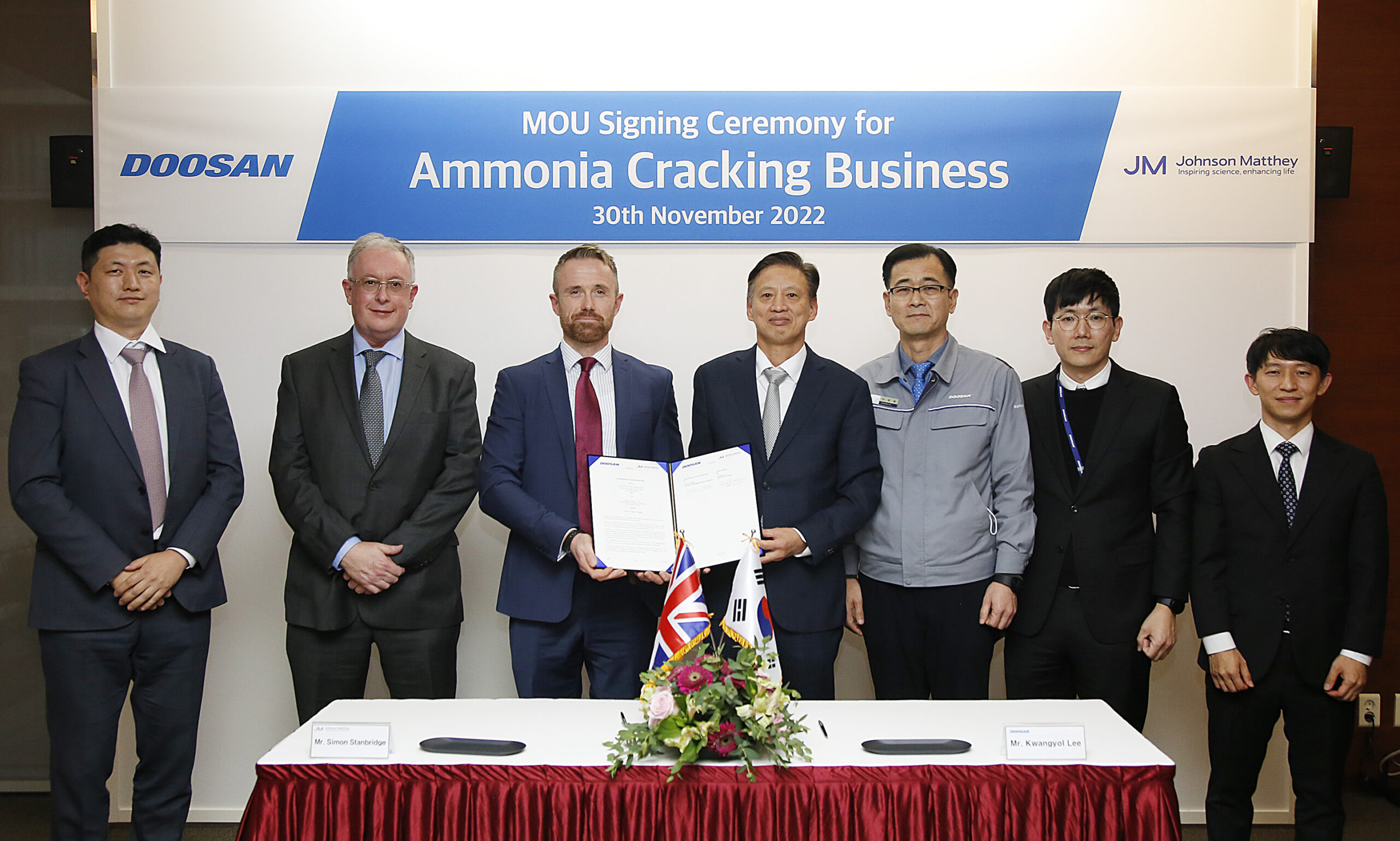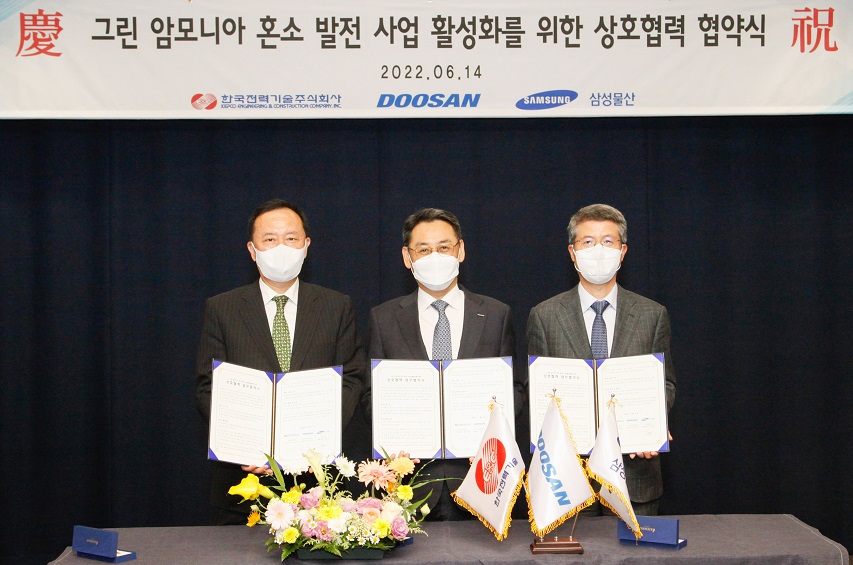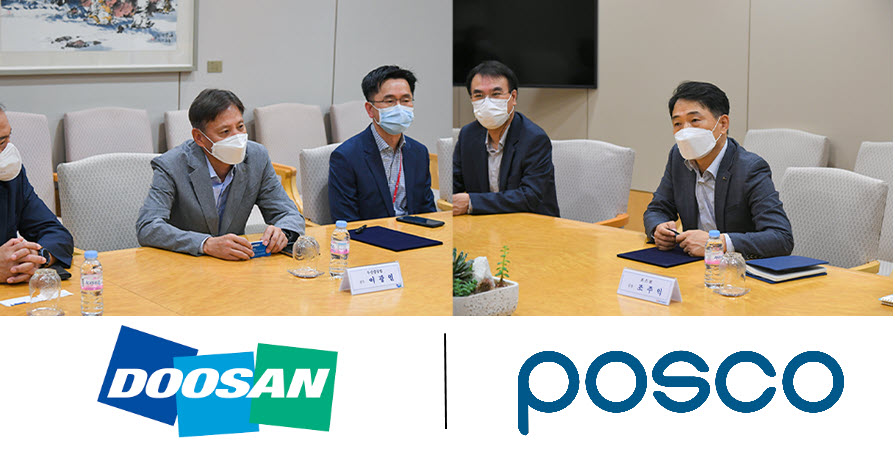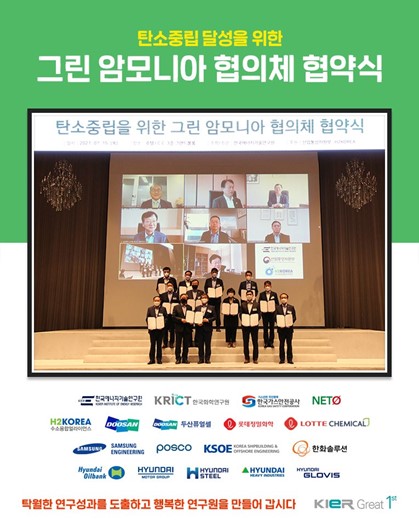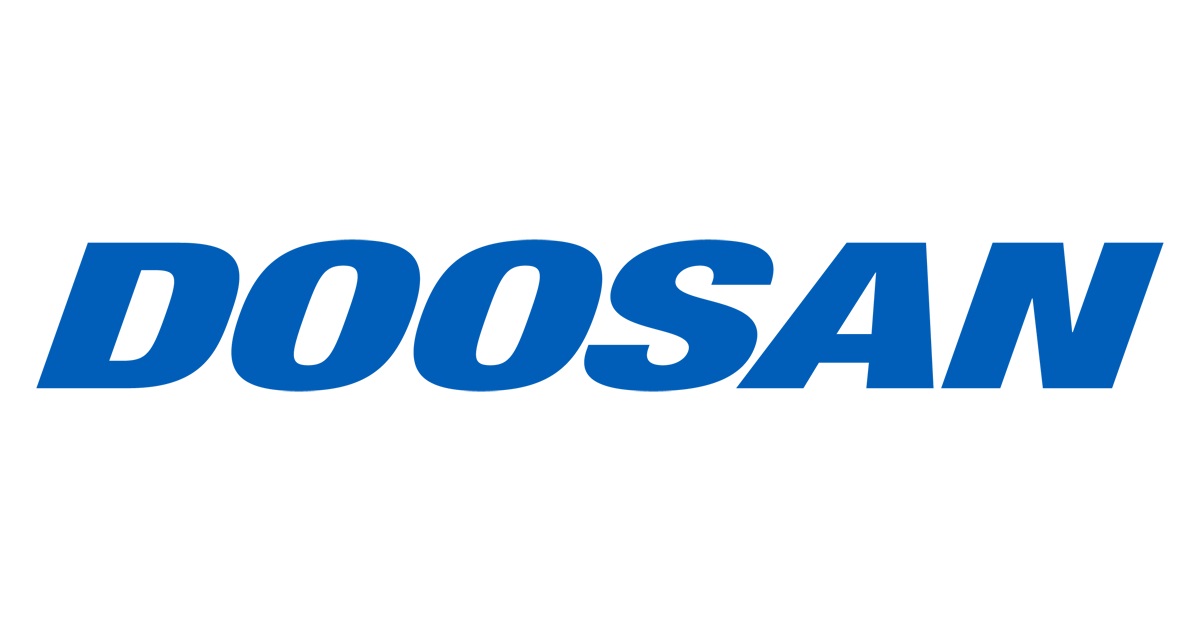
Korea-based Doosan Enerbility and Indonesia Power will partner up to deploy ammonia co-firing technology at the Suralaya Power Plant in Java. The newly-commissioned Jawa 9 & 10 generating units will be converted, with studies into a full ammonia supply chain and technical requirements to be completed by 2027 - the same year Doosan is targeting for commercialisation of its co-firing burner technology.

